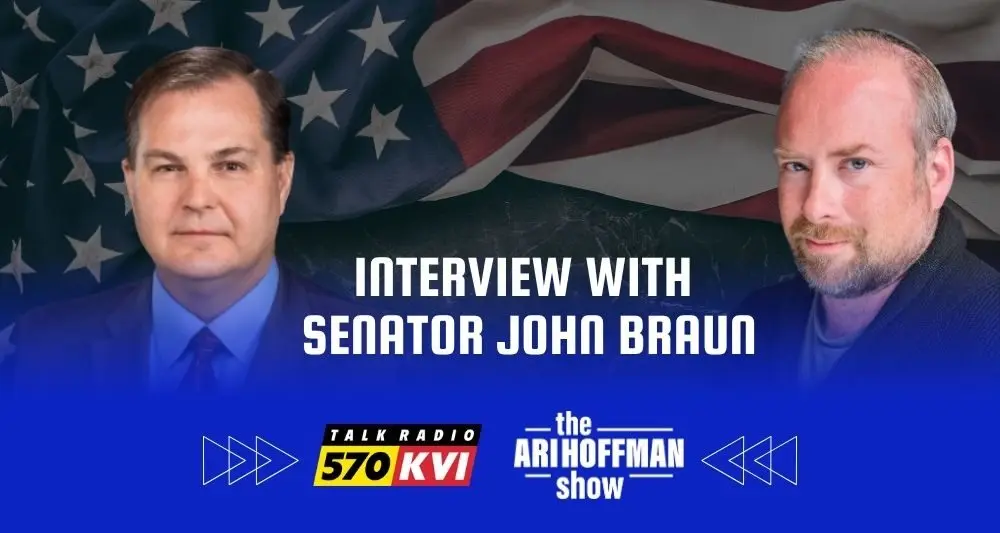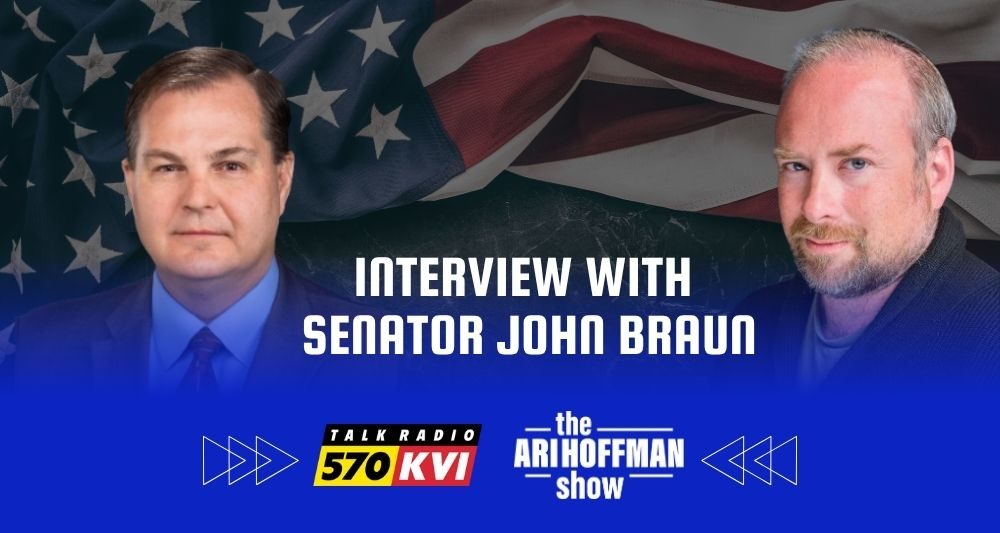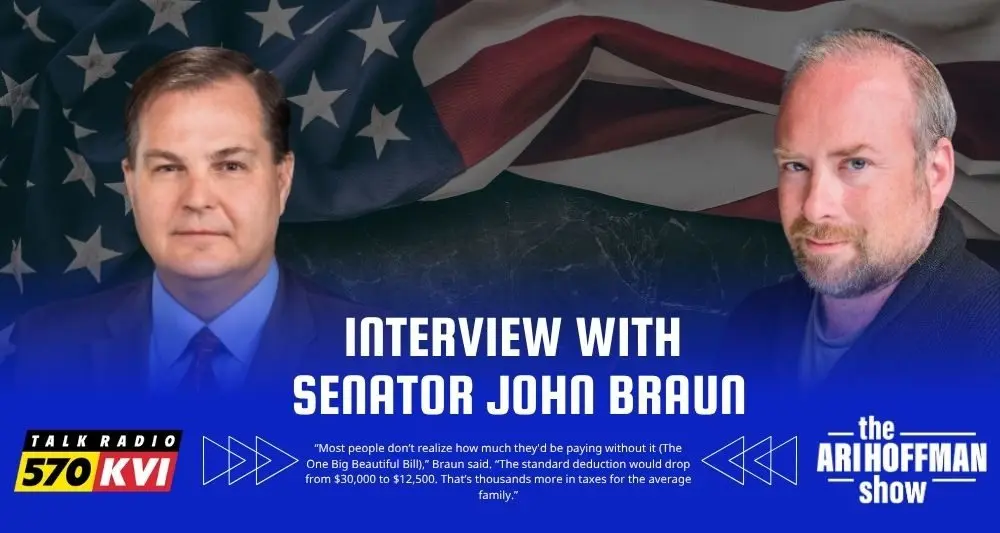
On Tuesday, Washington State Senate Republican Leader John Braun joined The Ari Hoffman Show on Talk Radio 570 KVI, to break down what “the One Big Beautiful Bill,” will do for Washingtonians.
What does the 'One Big Beautiful Bill' do for us here in Washington?
“Most people don’t realize how much they'd be paying without it. The standard deduction would drop from $30,000 to $12,500. That’s thousands more in taxes for the average family.” – Sen John Braun pic.twitter.com/mgPniFhOw8
— Ari Hoffman 🎗 (@thehoffather) July 16, 2025
Timeline and Transition
Braun began by emphasizing the bill’s long-term nature, stating that Washingtonians won’t feel the first effects until late 2026, with most changes rolling out over five or more years. “This is a long-term adjustment, as it should be,” Braun explained. “Even if some of the current Medicaid system is nonsensical, you can’t change it too quickly; organizations and states need time to transition.”
Medicaid Reform: Accountability and Savings
Much of the bill centers on Medicaid reform, a hot-button issue in Olympia and across the country. Braun said the changes are common-sense improvements that add accountability to the system without cutting services.
At the heart of the reform are new eligibility requirements. “If you are able-bodied with no dependents, no kids, not elderly, not disabled, you’ll need to work, volunteer, or be in training at least 20 hours a week to qualify for Medicaid,” Braun said. “It’s a relatively low bar, but it encourages people to improve their situation.”
Other provisions include biannual eligibility verification and efforts to eliminate duplicate Medicaid enrollments across states — an issue Braun says is costing Washington taxpayers. “If we could eliminate dual enrollees, we could save $150 million. That’s real money for Washington, and no one loses coverage — it’s just about efficiency.”
Braun pushed back on Democratic criticism, accusing Governor Bob Ferguson and others of politicizing the reforms. “He’s turning this into a political hot potato to distract from the $13 billion in new taxes he signed and a budget that overspends in some areas and makes harmful cuts in others,” Braun said.
Tax Relief for Middle-Class Washingtonians
Beyond healthcare, Braun highlighted the bill’s protection of federal tax cuts first passed in 2017, particularly the preservation of the expanded standard deduction. “Most people don’t realize how much they’d be paying without it,” Braun said. “The standard deduction would drop from $30,000 to $12,500. That’s thousands more in taxes for the average family.”
He noted that many of the bill’s tax provisions, like deductions for overtime, retirement contributions, and even tips, are specifically aimed at middle-class workers. “Wealthier folks don’t qualify for most of this. These are targeted relief measures for working people in Washington.”
Agricultural Stability and Energy Policy
The bill also contains benefits for the state’s critical agriculture sector. “It provides long-term stability in agricultural policy,” Braun said, noting that farming remains one of Washington’s largest industries. Energy policies in the bill, he added, aim to reduce long-term costs and provide relief for rural and working-class residents.
Political Optics vs. Policy Outcomes
Asked why Democrats, many of whom once supported similar reforms, are now opposing the bill, Braun didn’t hesitate. “It’s political. They don’t like where the idea came from,” he said. “If Republicans support something, it can’t be good in their eyes, even if it’s popular, reasonable, and effective.”
He also pushed back on narratives that the reforms target immigrants or vulnerable groups. “None of this affects the elderly, disabled, or people with kids. This is about able-bodied adults without dependents who should be expected to contribute in some way. That’s something most voters support, regardless of party.”
Final Thoughts
With Washington State grappling with affordability, tax hikes, and healthcare inefficiencies, Braun said these reforms represent a long-overdue correction. “This bill does what our state government refuses to: it reins in spending, demands accountability, and helps working families.”
Listen to The Ari Hoffman Show 3-6 PM Pacific Monday- Friday on Talk Radio 570 KVI, KVI.com, the KVI app and your preferred podcast platform.








